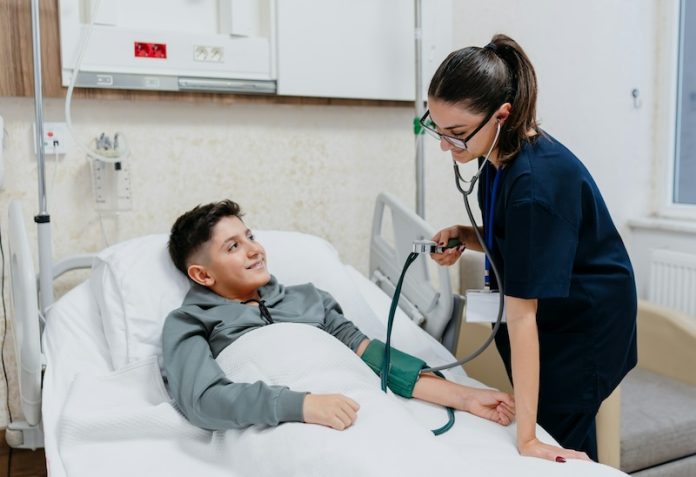
Inflammation is a natural defense mechanism, but excessive inflammation can harm the body, leading to issues like tissue damage. This is a common problem in diseases such as rheumatoid arthritis.
While medications can reduce inflammation, they often weaken the immune system, leaving patients more vulnerable to infections. However, researchers at Purdue University have found a promising new approach that may solve this issue.
The study focused on neutrophils, a type of white blood cell. Neutrophils play a key role in defending the body by attacking harmful pathogens. However, when they migrate excessively within tissues, they can cause too much inflammation, damaging healthy tissue.
The research team discovered a molecule called miR-199 that could control this migration without affecting the immune system’s ability to fight infections.
MiR-199 is a type of microRNA, a small genetic molecule that helps regulate cell behavior. MicroRNAs are already being studied in clinical trials for treating cancer and infections, and they’re also used to explore how diseases develop.
However, their role in controlling neutrophil movement has been largely unknown until now.
Using advanced genetic screening methods, the researchers identified eight microRNAs that could suppress neutrophil migration, with miR-199 showing the most promise.
They found that miR-199 works by targeting an enzyme called cyclin-dependent kinase 2 (CDK2). While CDK2 is well-known for controlling the cell division process, its connection to neutrophil movement was a surprising discovery.
By suppressing CDK2, miR-199 slows down the migration of neutrophils, reducing inflammation. This method could offer a safer alternative to current anti-inflammatory drugs, as it does not disrupt the immune system’s ability to protect the body.
The findings not only provide a potential new treatment for inflammatory diseases but also reveal an unexpected role for CDK2 beyond its usual function in cell division.
The researchers believe this work opens up new possibilities for targeting neutrophil-related inflammation in a range of conditions.
The next steps for the team are to study how exactly CDK2 influences neutrophil migration and how this knowledge can be used to treat severe inflammation more effectively.
The study, led by Qing Deng, an assistant professor in Purdue’s Department of Biological Sciences, represents an exciting step toward developing therapies that control inflammation without compromising the immune system.
If successful, this approach could bring relief to patients with inflammatory diseases while maintaining their body’s natural defenses.
If you care about health, please read studies that vitamin D can help reduce inflammation, and vitamin K could lower your heart disease risk by a third.
For more health information, please see recent studies about new way to halt excessive inflammation, and results showing foods that could cause inflammation.
Copyright © 2024 Knowridge Science Report. All rights reserved.



